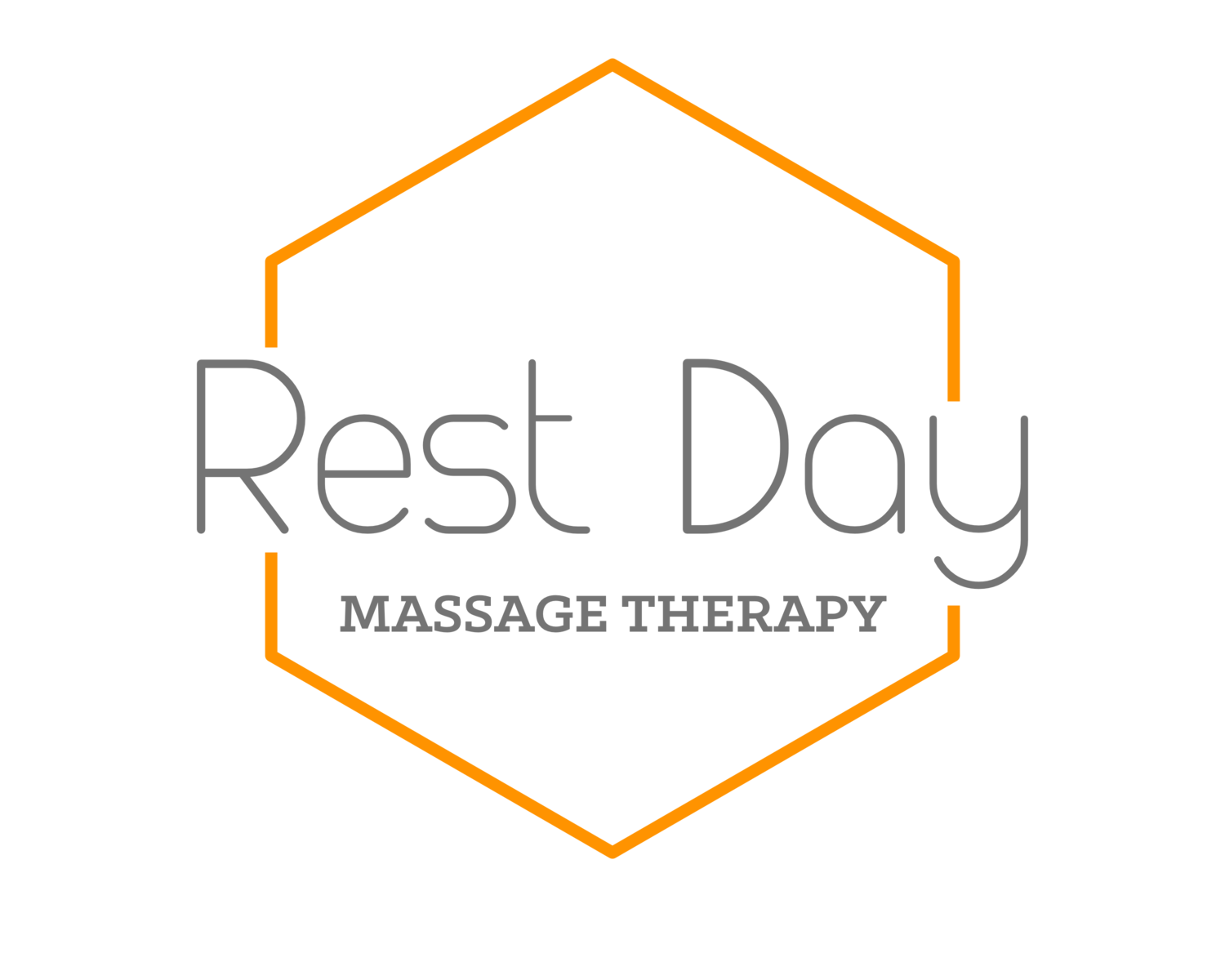5 Big Pains Your Pecs May Cause That You Didn’t Know About: How This Overlooked Muscle Group Might Be The Real Issue
Whether they are hidden under a mound of thick hair or a pink lacy Victoria’s Secret bra, we all have muscles in our chest. Pectoralis major and pectoralis minor, also known as the pecs, make up a majority of your chest muscles.
Pecs aren’t just worked for bodybuilding. Throwing a ball underhand, picking up your kids, doing the chicken dance, and even breathing are a few actions involved with movement of the pecs.
Despite how often the muscle is used, many of my clients had never had them worked. Why? Because in Fargo, North Dakota, we don’t talk about each other’s chests.
Well, I’m here to talk about it! Pecs can be a sneaky muscle, and here are a few ways they can be causing you pain.
Back And Neck Pain
If a client comes in for upper back and neck pain, I will suggest we work pecs.
Why? Because every task we do is in front of us. We grip the steering wheel, we type, we text. When we reach forward, that contracts our pecs. When muscles are contracted for extended periods of time, they tend to hold that way.
The muscles in your upper back and neck are opposing muscles to pecs. So, when pecs are overly tight, the opposing muscles are overly stretched.
Overstretching muscles can cause pain, formation of trigger points, adhesion, and scar tissue, and development of fibrotic tissue. Basically, it can make the muscles hurt and inhibit proper movement.
Loosening up pecs puts them back to a more neutral position and takes pressure off of your back.
Carpal Tunnel Symptoms
True Carpal Tunnel Syndrome occurs in the wrist, BUT tightness in other areas on the arm can mimic symptoms.
Tight pecs is one of those areas.
Your brachial plexus (the bundle of nerves that supplies sensation to your arm, hand, and fingers) run just below your pecs. Tightness in our pecs can compress these nerves. This can lead to pain, numbness, and/or tingling in your hands and fingers.
Loosening up pecs will decompress the pinched nerves and alleviate the symptoms.
PRO TIP: Tight forearms can also mimic Carpal Tunnel Syndrome.
Poor Posture
The same principles of back pain apply here. Tight pecs overstretch your back.
Over time, overstretched muscles lose strength. The same strength needed to hold your shoulder back in place for proper posture.
In this case, loosening pecs AND strengthening back stabilizers will be the best combo.
Headaches
Trigger points or knots in your traps, neck, and shoulders can lead to headaches. These trigger points can develop from… yes you guessed it… overstretched muscles.
Seeing a trend?
Jaw Pain
Pecs are attached to your collarbone, and so are many muscles of your neck. When pecs tighten, it can adjust the position of the collarbone. This can put a strain on the neck and face muscles.
Loosen the pecs, and the collar bones gets but back into a more neutral position. Yay!

